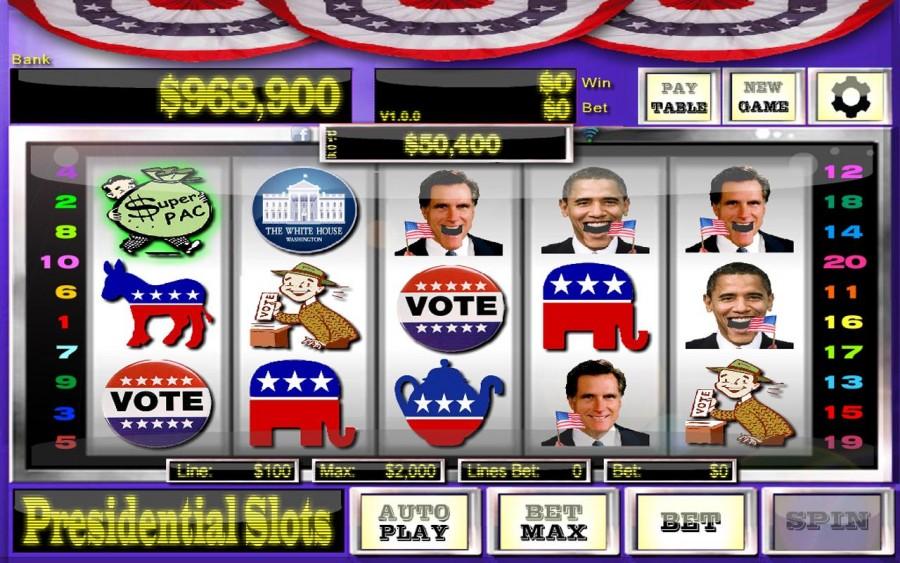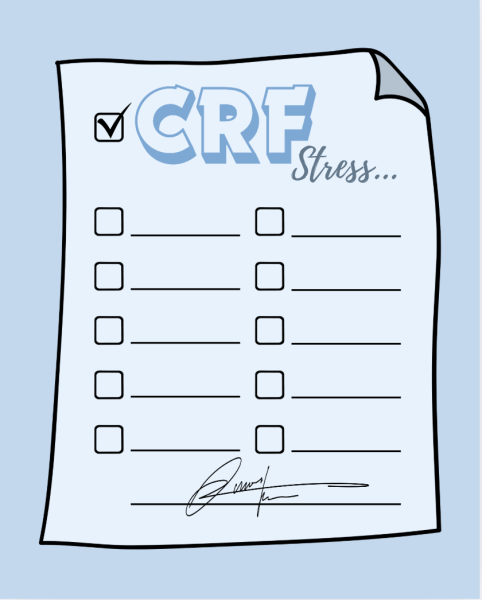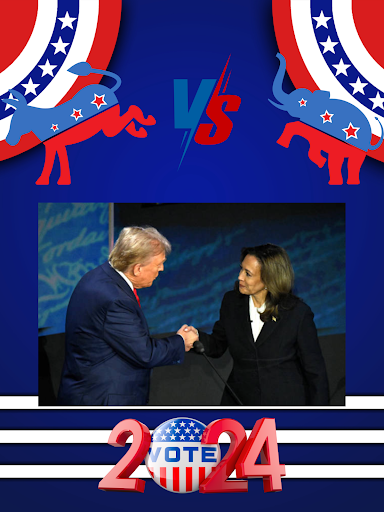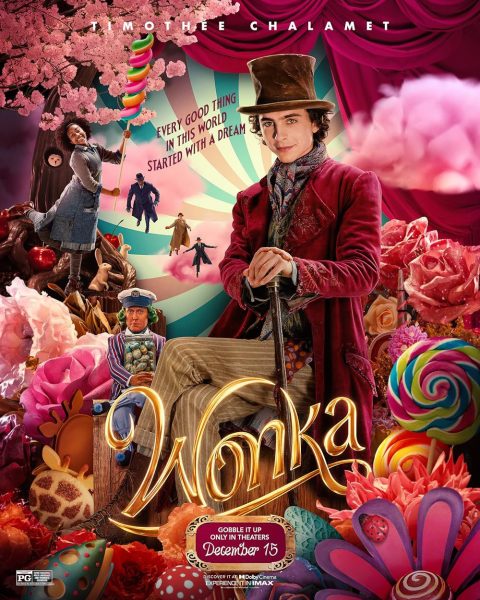Gambling with the fate of the country
With the 2016 election season in full-swing and many oddball candidates rising to prominence many Americans wonder, what are the odds one of these candidates actually wins? According to University of Pennsylvania professor John Tetlock, a random guess is about as accurate as professionals. In a study conducted in 2003 using 280 “experts” in political predictions, he found that they were less accurate than random chance. When asked to give a percentage chance of three possible options, their predictions were less accurate than if a 33.33 percent chance was given to each option.
With money on the line, political gamblers have proven to be more accurate than Ivy-League educated political scientists. Political gambling is outlawed in the United States for fear that it will affect the outcome of the election. However in 2012, America was given an opportunity to gamble in a now shutdown corporation formerly based out of Dublin called Intrade.
Intrade is a futures market, much like the stock market, set up for the 2012 presidential election. Each candidate was a stock who could be bet on and then sell when they were of higher value based on their standing in polls. Wagers on the outcomes of certain states and the electoral vote as a whole.
Intrade traders predicted the forecast to be Romney: 235 Obama: 303. The actual results were Romney: 206 Obama: 332. Intrade successfully predicted every state with the exception of Florida, where they predicted a Romney victory. Compare this with American political scientist Larry Sabato, who predicted Obama: 290 Romney: 248, missing Virginia and Florida. Both of these are inferior to Moody’s Analytics, which called the 2012 campaign to the exact numbers.
Moody’s Analytics is a market analysis group that gives research insights to investors by factoring in economic, demographic and social factors such as the Iran deal’s effect on gas prices, which in turn would affect the American population’s view of the incumbent party. Moody’s is forced by the “invisible hand” to perform highly as it has investors money on the line.
This argument is further supported by how in the 2016 election, British political gambler Paul Krishnamurty successfully predicted not just the rise of Ben Carson when he was at 1.5 percent, but Ted Cruz and Carly Fiorina as well.
“The key to playing these markets successfully is a ruthless neutrality,” Krishnamurthy said. “There’s no room for emotions or personal beliefs when getting it right pays the mortgage. And it turns out that applying a dispassionate, gambler’s eye to the American electorate is a profoundly educational way to learn about it—one that forces you to cut through partisan analysis, ratings-driven media froth and a sometimes bewildering array of polling data.”
He is not the only one either. Defense Advanced Research Project Agency (DARPA), America’s top-secret government research and development superpower, created policyanalysismarket.org, a government sponsored future market where investors were able to predict the likelihood of terrorism happening in specific locations based on the superhuman success of other political futures market. When the idea was discovered, it was met with outrage due to concerns that this would create hitmen groups committing acts of terror for gamblers in America.
Although political gambling is illegal in America, you can still place wagers on predictit.org and the University of Iowa’s “Iowa Electronic Market” that evade gambling laws by stating their purpose is “research” and maintaing nonprofit status in America. So the next time you are curious about the race, it may be worthwhile to watch the market instead of the TV.













